What to Know About Septic Systems in America
Septic systems are a vital part of America's infrastructure, particularly in rural and suburban areas. These systems handle waste management for homes and businesses not connected to municipal sewer lines. Understanding how wastewater systems work, their maintenance requirements, and their benefits can help homeowners make informed decisions about their wastewater management needs. In this blog post, we will explore the basics of wastewater systems, the benefits and drawbacks, and essential maintenance tips to ensure efficient operation.
The Basics of Septic Systems
A septic system consists of a wastewater tank and a drain field, also known as a leach field. Wastewater from your home flows into the tank, where solids settle to the bottom, and oils and greases float to the top. The liquid wastewater, called effluent, flows out of the tank into the drain field, where it is naturally filtered by the soil. This process treats the wastewater and makes it safe to return to the environment. Understanding this system's components and functions is crucial for effective maintenance and ensuring your home's wastewater is managed properly.
Prevalence of Septic Systems in the U.S.
According to the EPA, more than 60 million people in the nation are served by wastewater systems. From our experience, about one-third of all new development is served by septic or other decentralized treatment systems. This prevalence underscores the importance of understanding and maintaining these systems, particularly as they continue to support a significant portion of the population. By prioritizing proper maintenance and education, homeowners can ensure their wastewater systems function effectively and contribute to the overall health of their communities.
Benefits and Drawbacks
One of the major benefits of septic systems is their cost-effectiveness. Installation and maintenance of wastewater systems can be cheaper than connecting to a centralized sewer system, particularly in rural areas. However, the drawback is that wastewater systems require regular maintenance and can fail if not properly managed. Wastewater system failures can lead to costly repairs and environmental contamination. Regular inspections and adherence to maintenance guidelines are essential to prevent such failures and ensure the longevity of your system.
Maintenance Tips for Optimal Performance
Regular maintenance is crucial for the efficient functioning of wastewater systems. According to our experience, homeowners should have their wastewater tanks inspected every three to five years and pumped when necessary — usually every three to five years, depending on usage. It's also essential to avoid using too much water, as this can overwhelm the system. Installing water-efficient fixtures and spreading out laundry loads can help maintain the system's balance. By being proactive about maintenance and mindful of water usage, homeowners can prolong the life of their wastewater systems and avoid costly repairs.
Common Misconceptions About Septic Systems
Many homeowners hold misconceptions about how septic systems work, which can lead to improper care and maintenance. For instance, some believe that all household products are safe to use with wastewater systems; however, harsh chemicals can disrupt the natural bacteria essential for breaking down waste. Another myth is that a wastewater system can handle an unlimited amount of water without any consequences, which can lead to overloading the system and potential failures. Understanding these myths is crucial for effective maintenance and ensuring the longevity of your system. By educating themselves and debunking these misconceptions, homeowners can make informed choices that promote the efficiency and health of their wastewater systems.
Environmental Impact and Sustainability
Wastewater systems, when properly maintained, are environmentally friendly. They use natural processes to treat and disperse wastewater. Unlike centralized sewer systems that use chemicals and energy for treatment, wastewater systems rely on bacteria to break down waste. However, improper maintenance can lead to system failure, polluting water sources and causing health hazards. Thus, responsible usage and maintenance not only protect homeowners' investments but also contribute to environmental sustainability. By fostering a culture of care and awareness around wastewater systems, communities can enhance public health and safeguard their natural resources for future generations.
Septic systems play a critical role in America's waste management infrastructure, particularly in areas not served by centralized sewer systems. With over 60 million people depending on septic systems, understanding their functioning, benefits, and maintenance is essential. Regular upkeep ensures these systems remain efficient, cost-effective, and environmentally friendly. By following proper maintenance guidelines, homeowners can enjoy reliable service and contribute to environmental sustainability. For expert guidance and reliable service, contact Reliable Septic & Services today to ensure your wastewater system operates at its best!
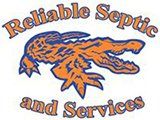
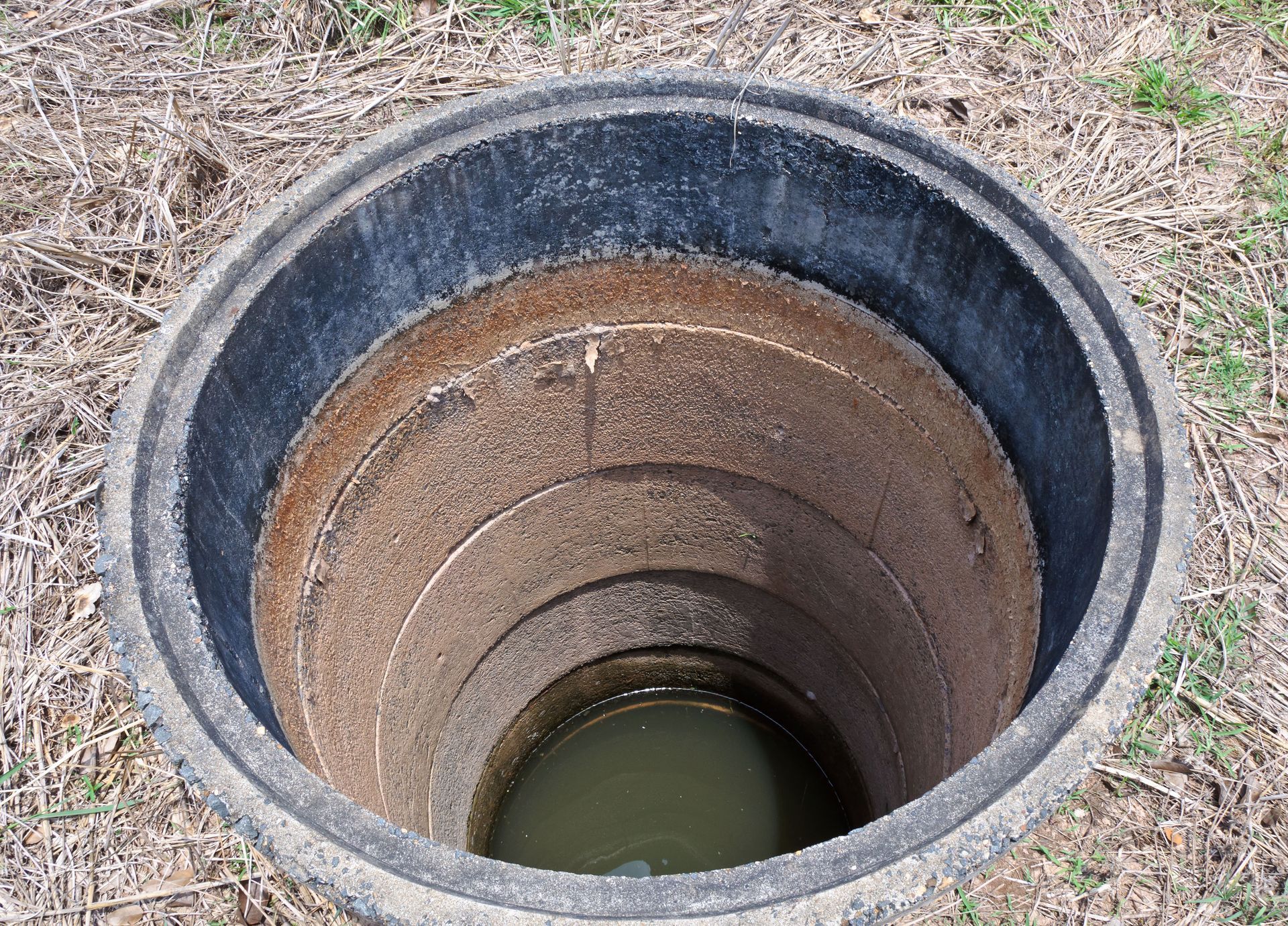
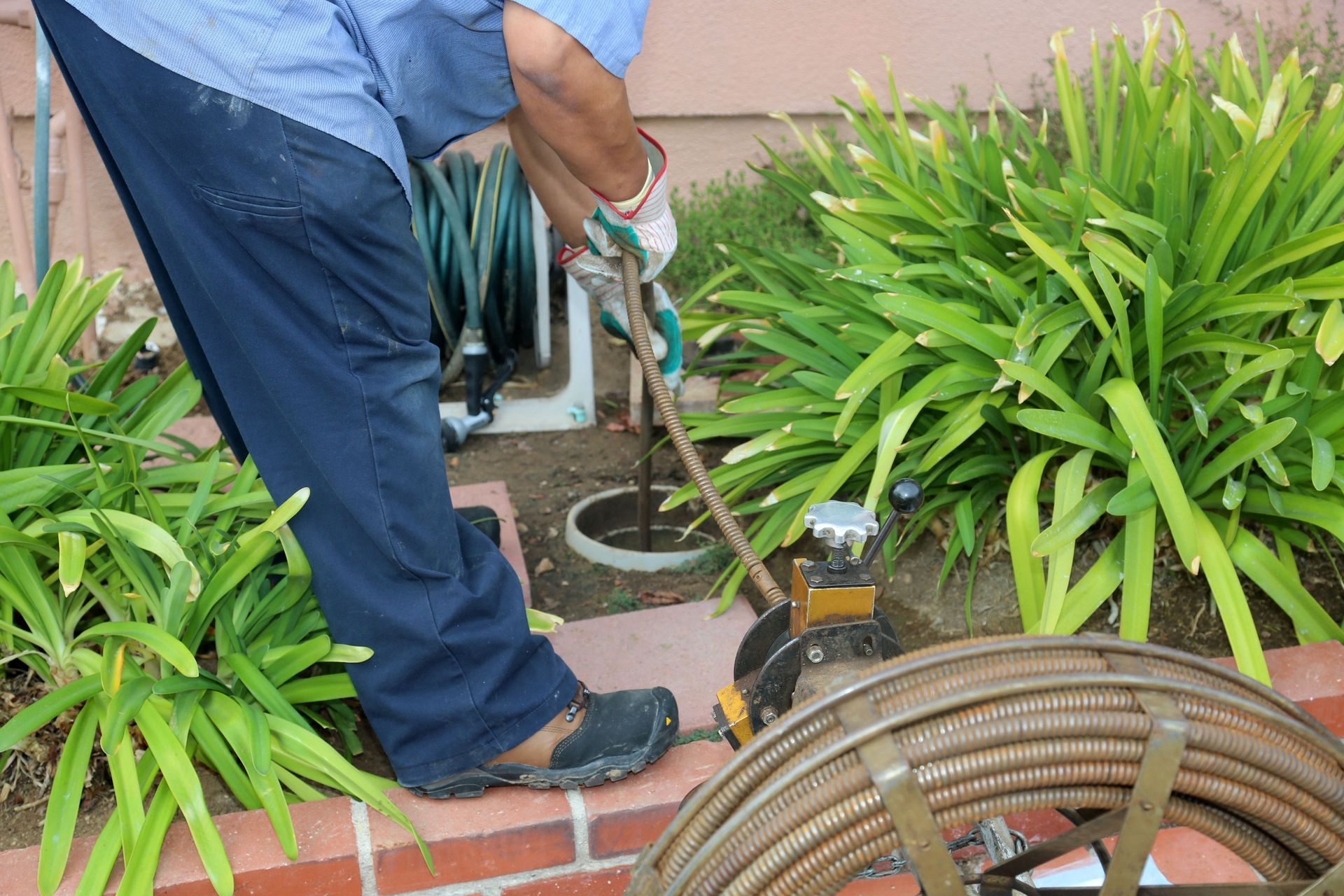
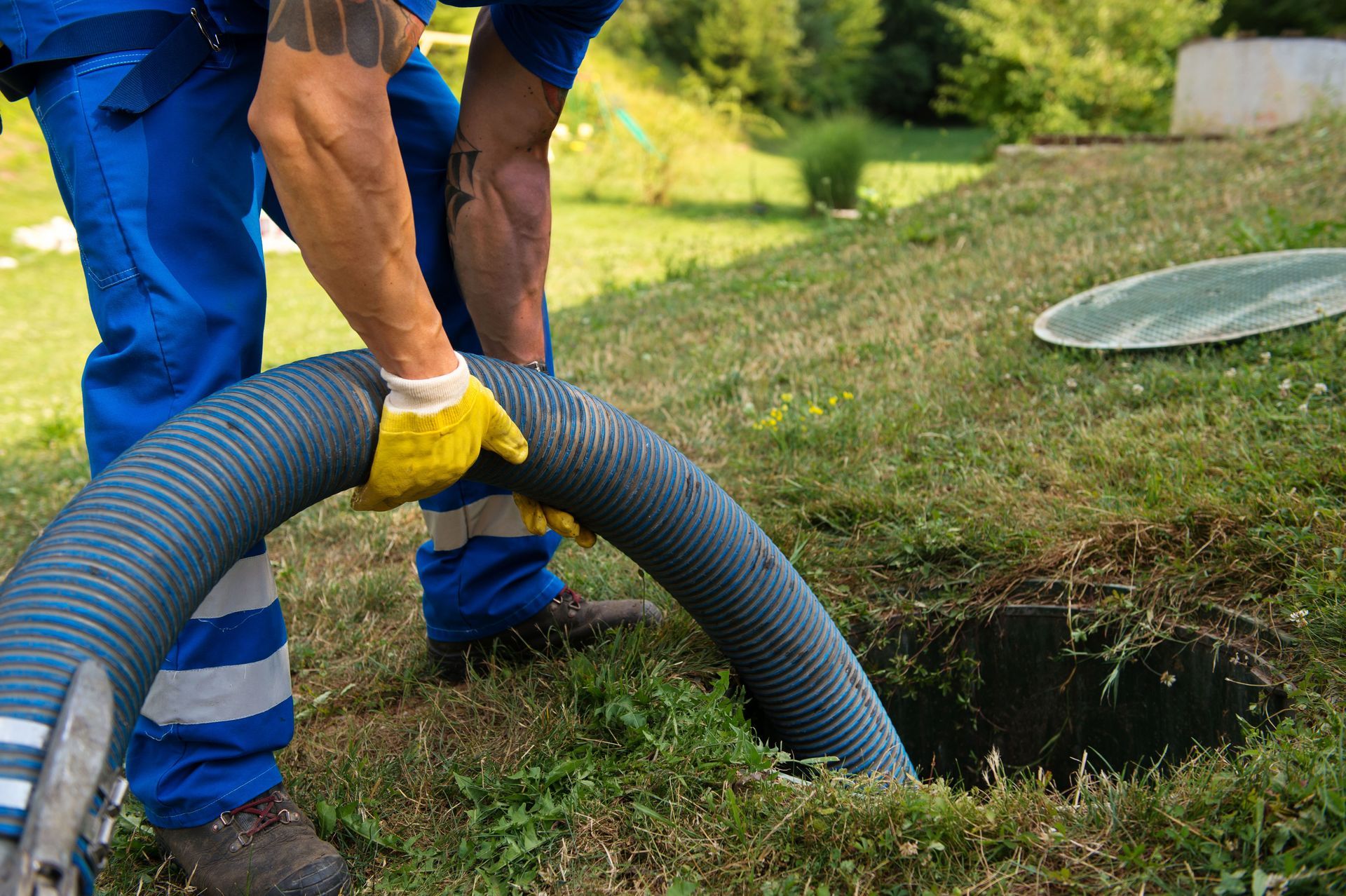
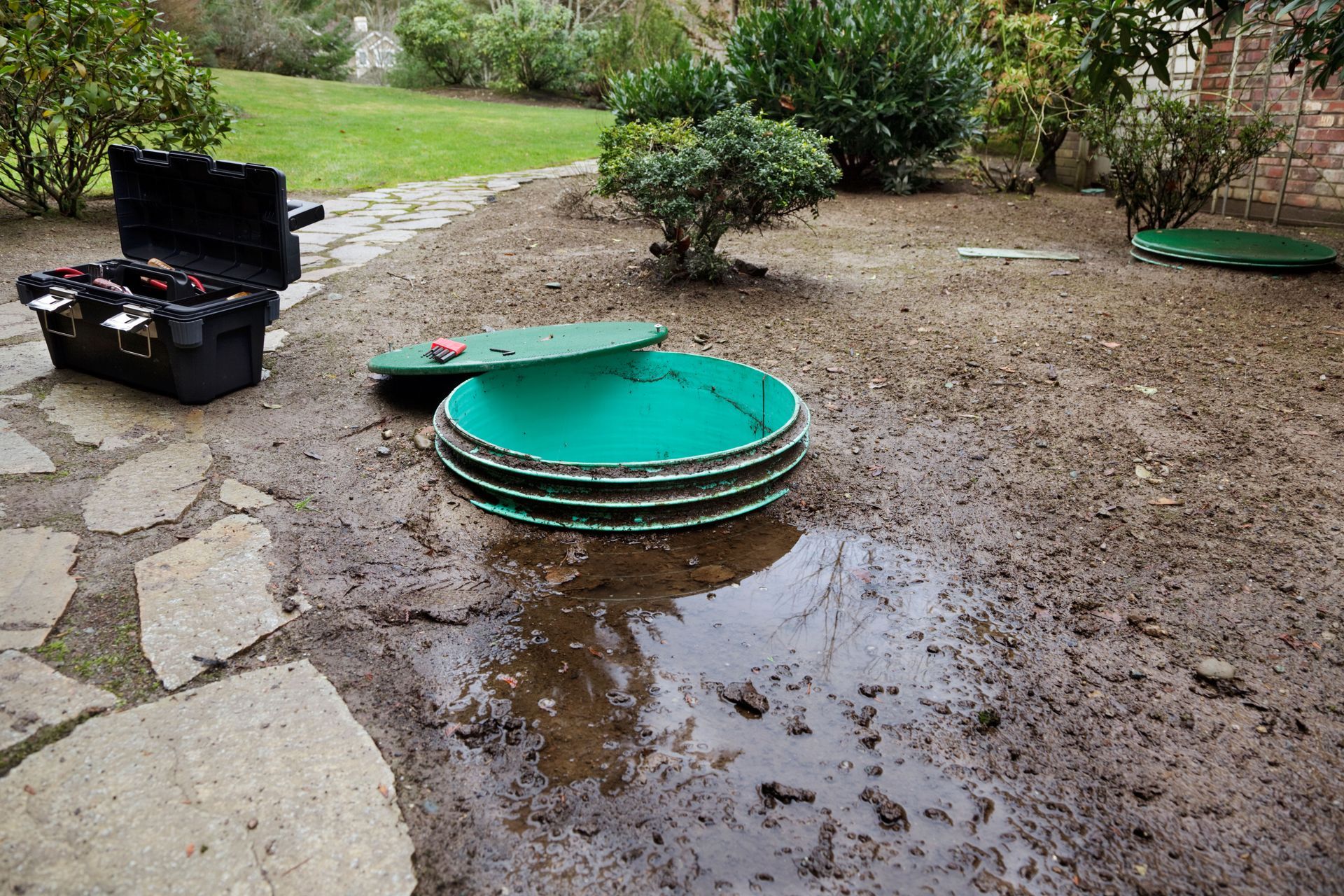
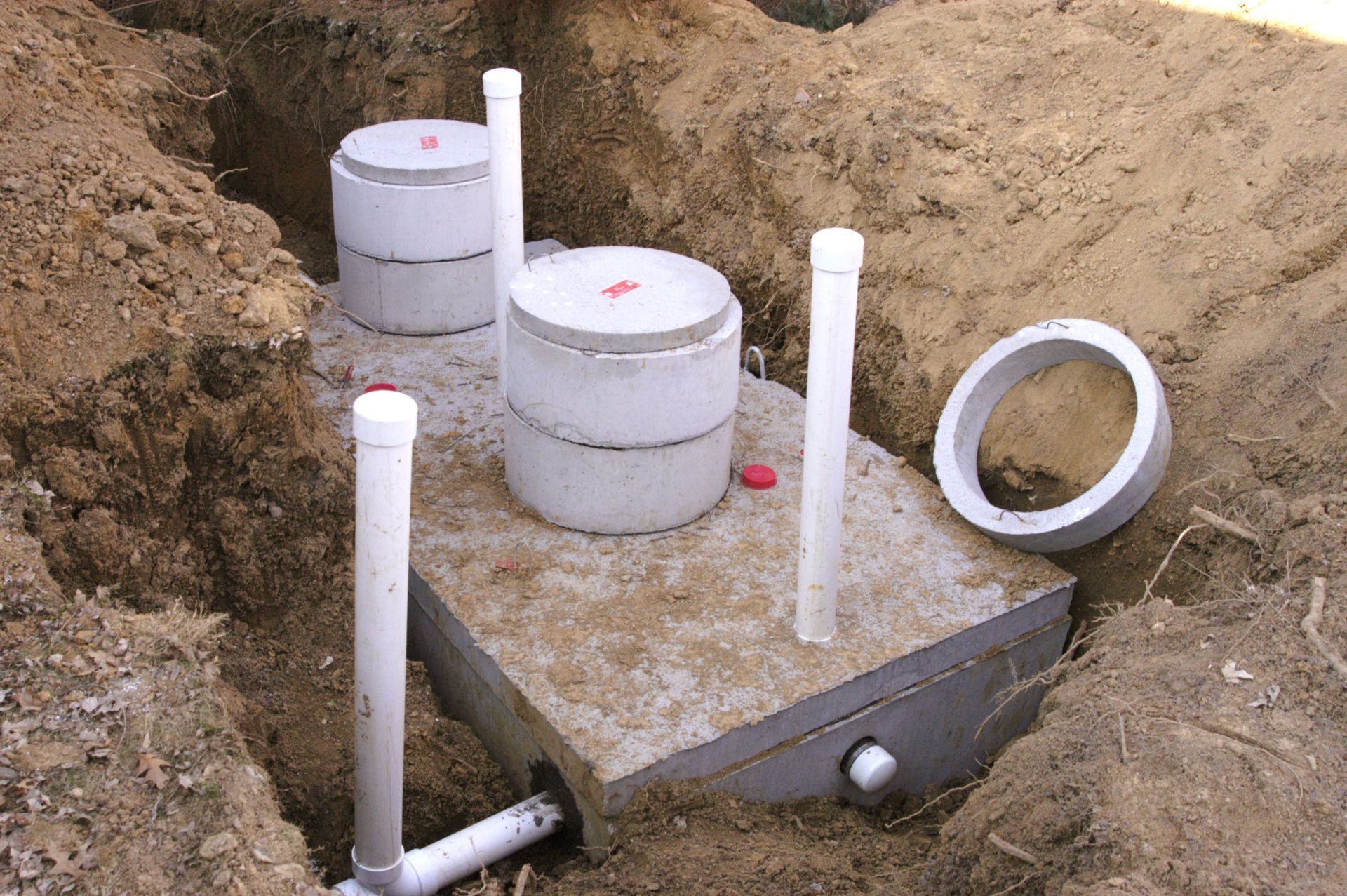
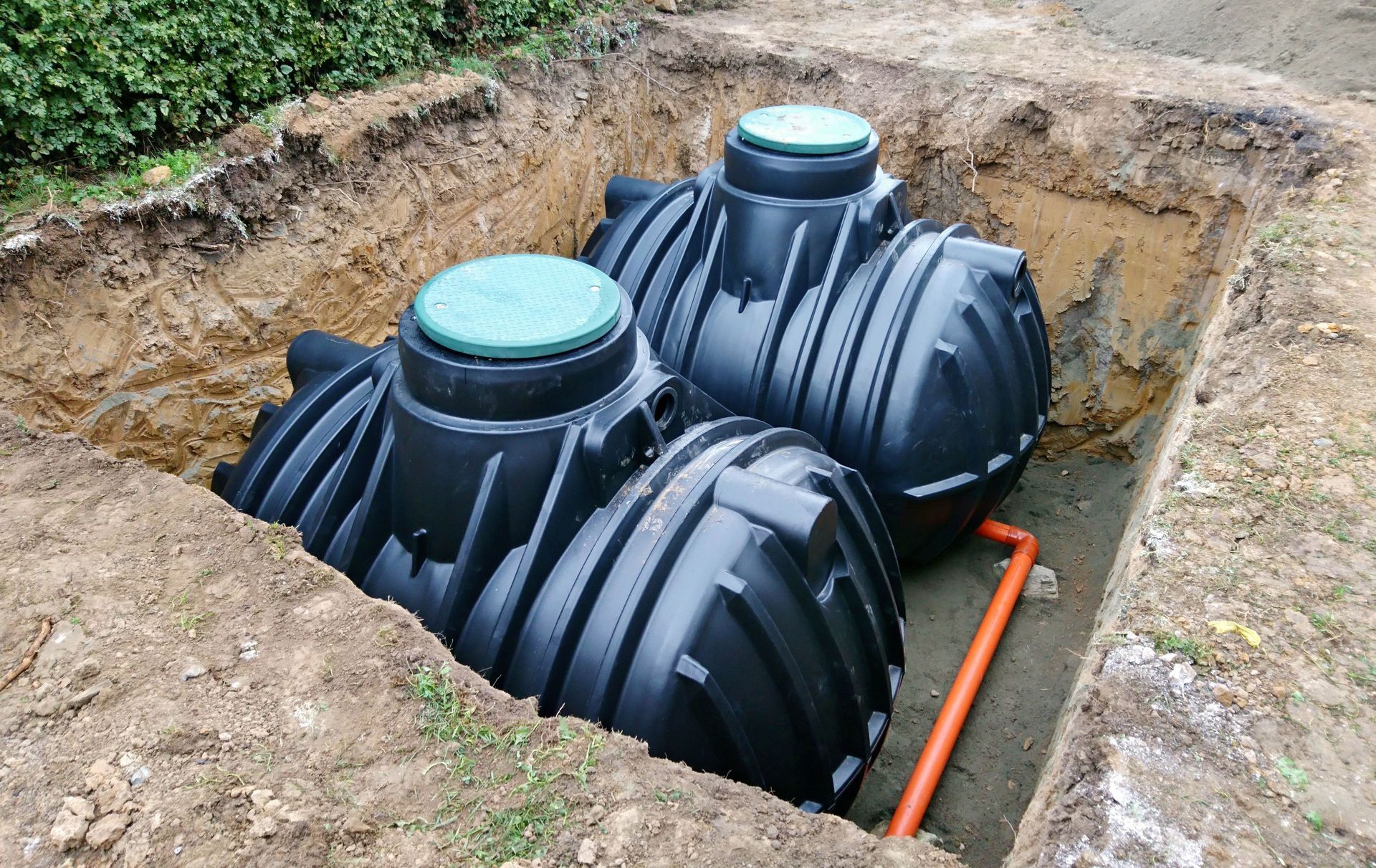
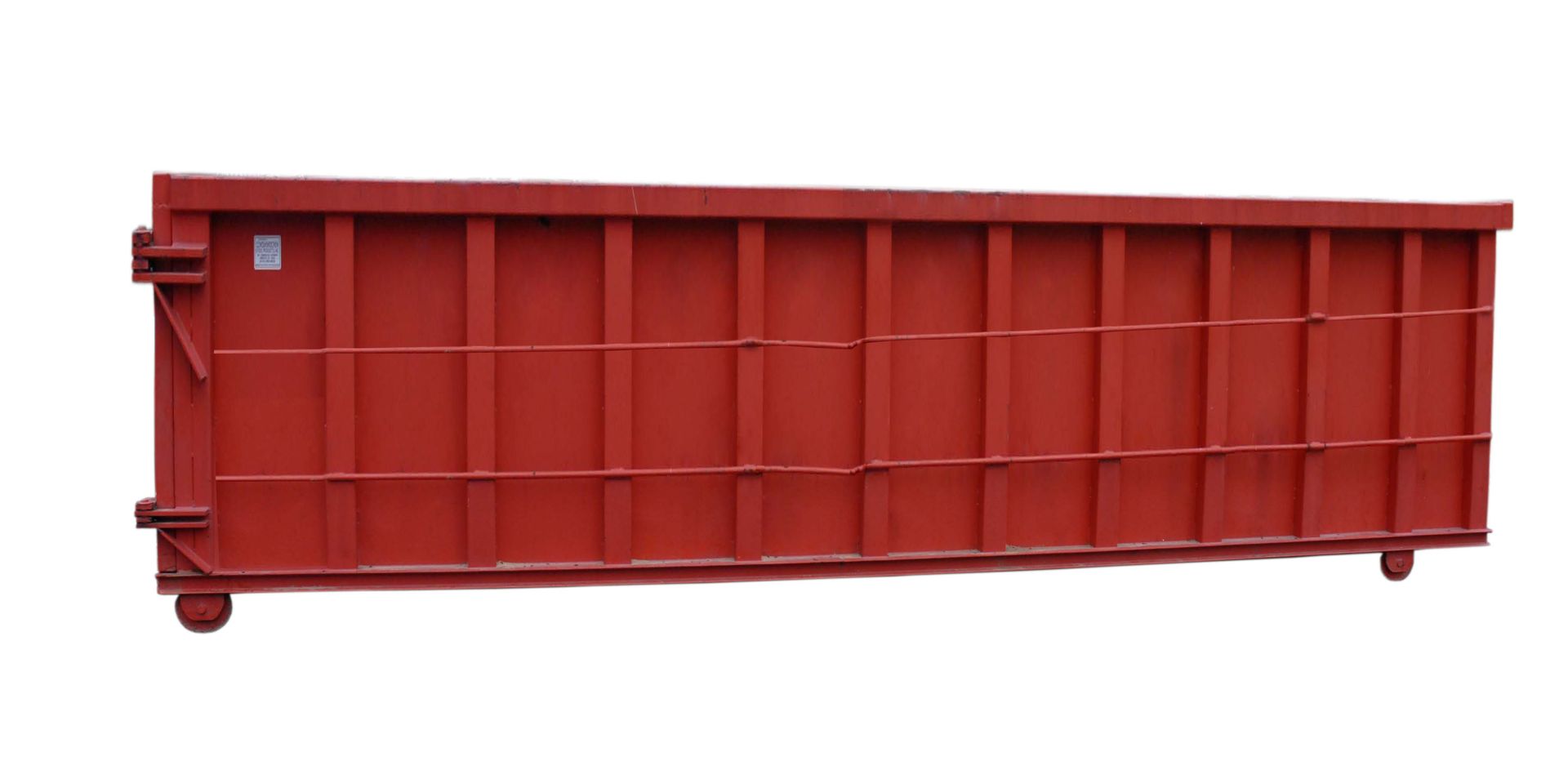

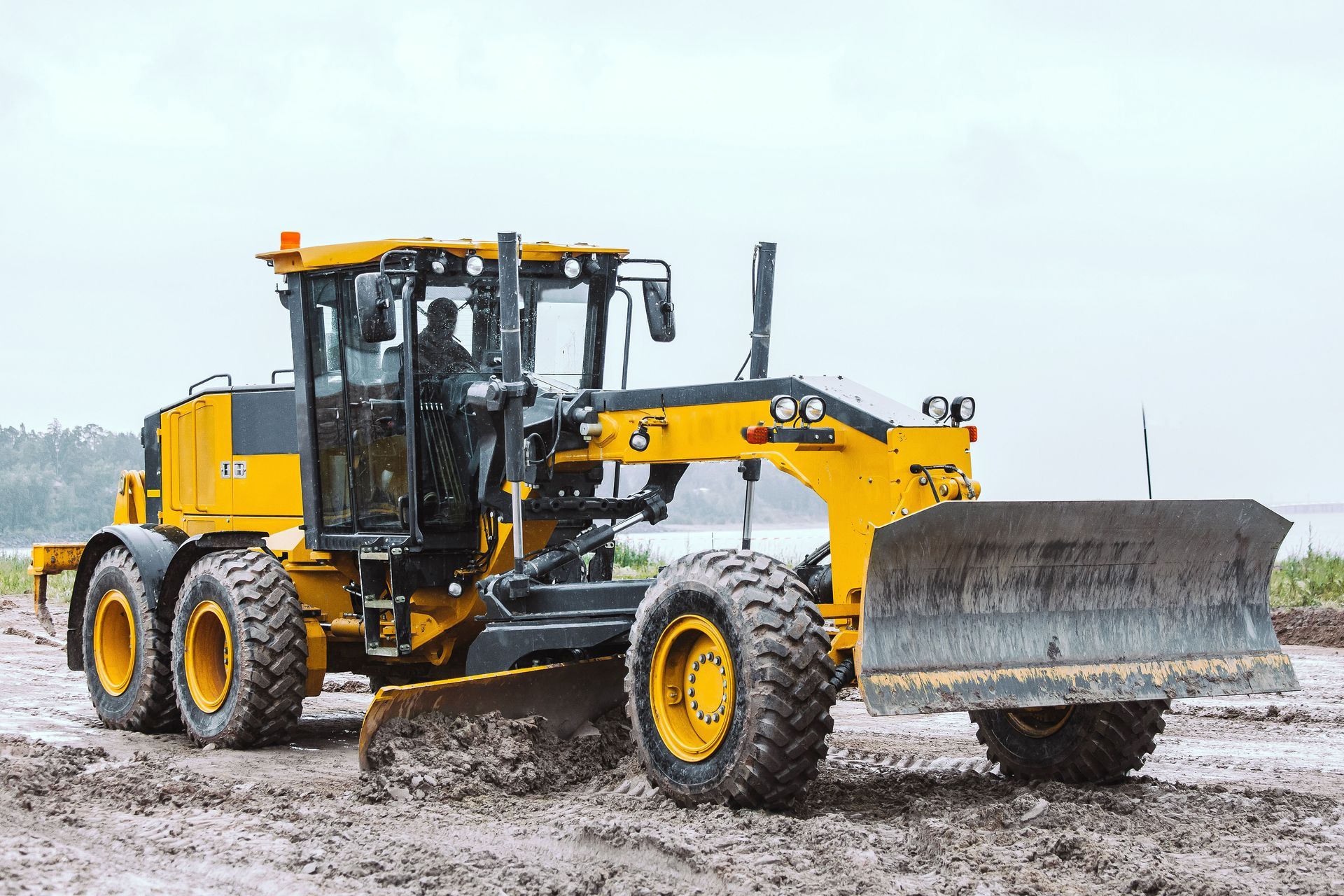
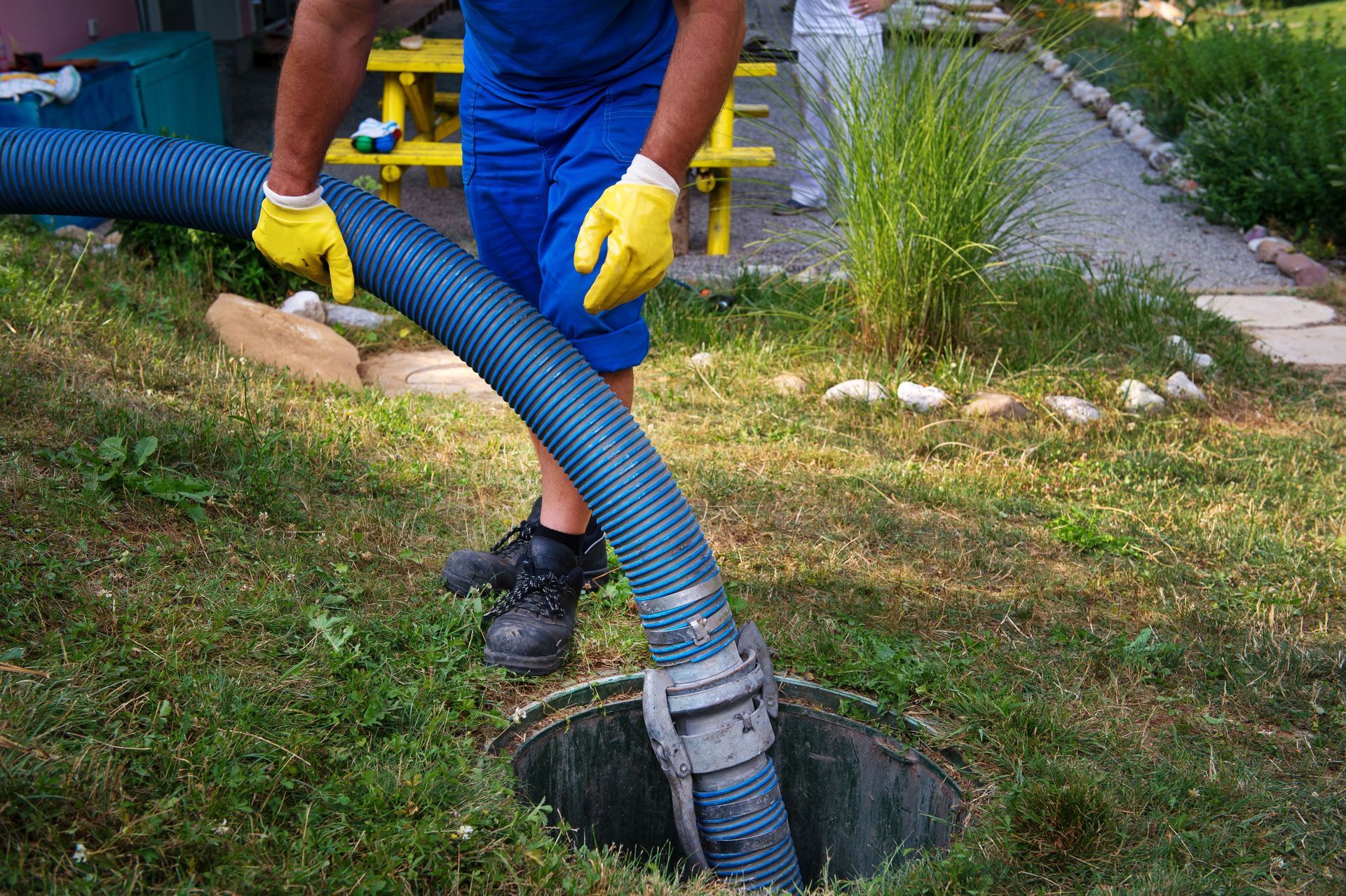
Share On: